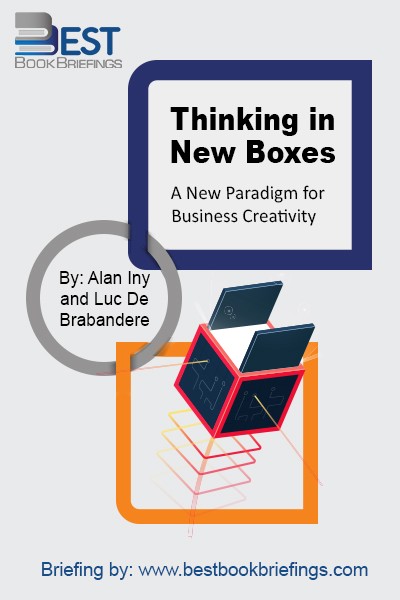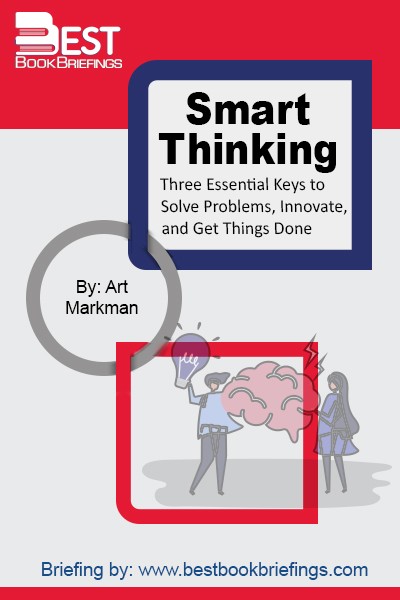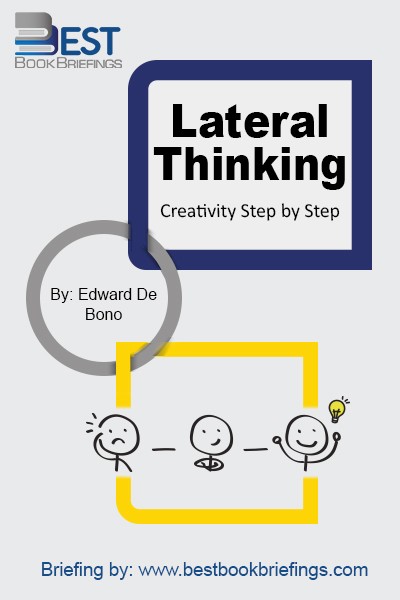Tactics
The Art and Science of Success
Number of pages: 256
Publisher: Profile Business
BBB Library: Business Classics, Personal Success
ISBN: 9781861975379
Editorial Review
Tactics is based upon fifty interviews conducted for the book with men and women who have been outstandingly successful in a variety of fields. With his usual perceptiveness, Edward De Bono, one of the greatest revolutionary thinkers of our time, analyses their different paths to success, revealing that underneath their different styles and their greatly different personal qualities are a small number characteristics which are common to all successful people.
Book Reviews
Books on Related Topics

Thinking in New Boxes is about changing the way you think, or, more precisely, increasing your awareness of how we all create and use mental boxes. It is a new paradigm for creativity, by virtue of the focus on interplay between the broad new boxes and smaller ones that fill them.

The multi-million bestseller Six Thinking Hats by Edward de Bono was first published in 1981. He is author of Lateral Thinking and I Am Right You Are Wrong and teaches you how to run better meetings and make better decisions. Dr de Bono has written more than 60 books, in 40

The Belgian Surrealist Rene Magritte painted a series of pipes and entitled the series “Ceci n’est pas une pipe (This is not a pipe). The picture of thing is not the thing. In the same way, an organization chart is not a compandy, nor a new strategy an automatic answer to

In this definitive and revealing history, Henry Mintzberg, the iconoclastic former president of the Strategic Management Society, unmasks the press that has mesmerized so many organizations since 1965: strategic planning. One of our most brilliant and original management thinkers, Mintzberg concludes that the term is an oxymoron—that strategy cannot be planned

Some researchers suggest that IQ tests are not good at predicting success because they do not measure the right forms of intelligence or the right combinations to predict how well people will do in real situations. But even that more nuanced way of thinking about intelligence falls short as an explanation

Red Thread Thinking teaches you to activate your own knowledge and resources to make better connections, have more and superior insights, and apply history as a valuable source for future-leaning innovation--without the need for high-cost development.





